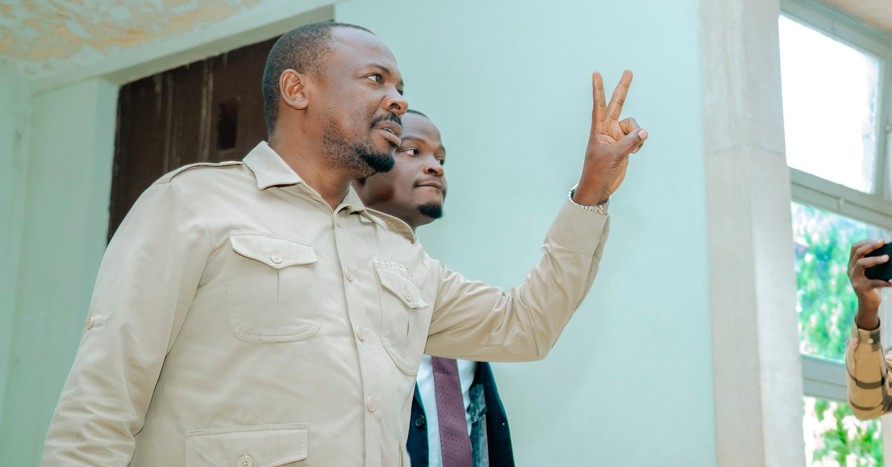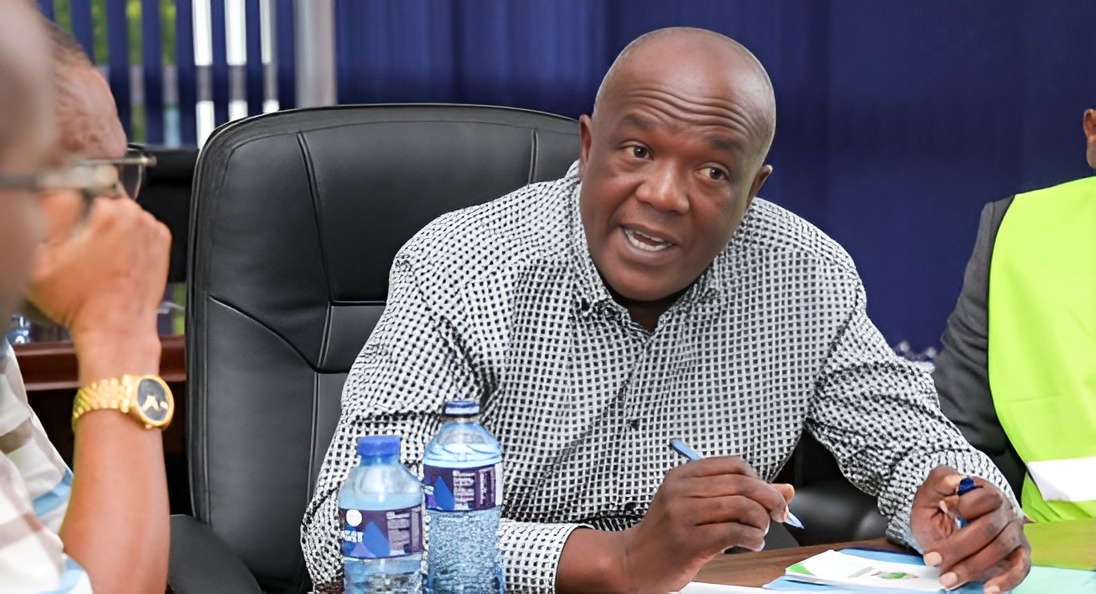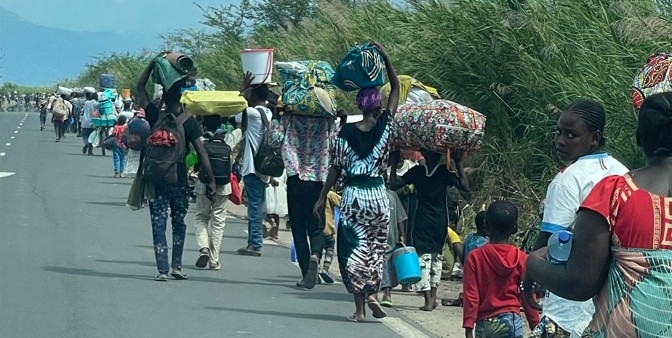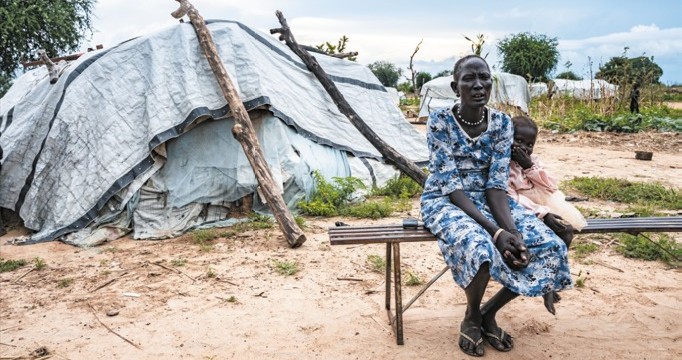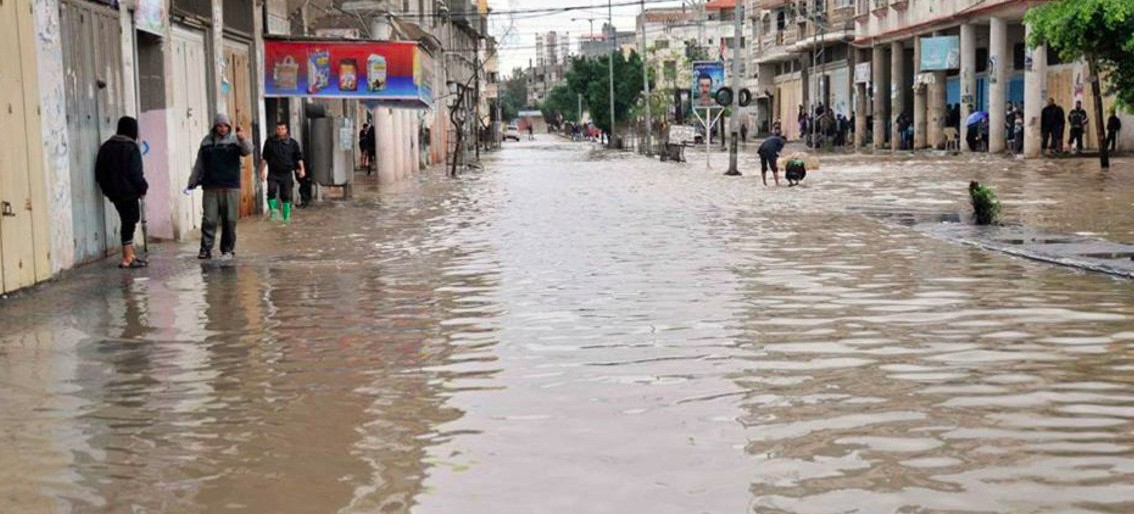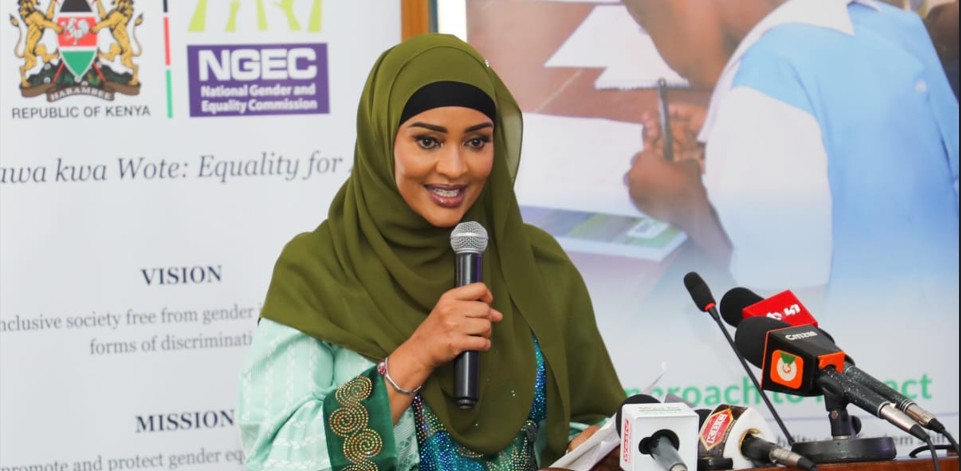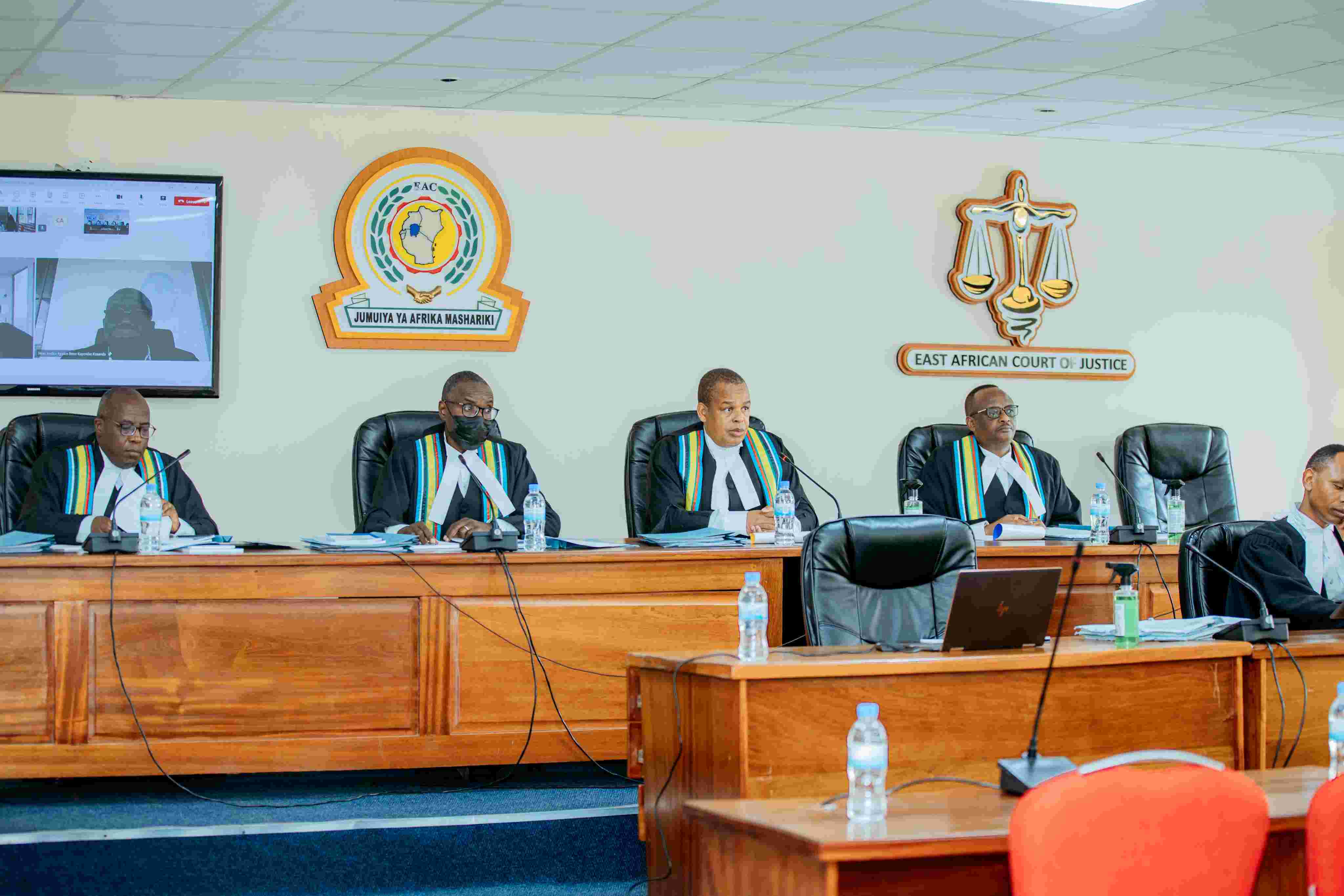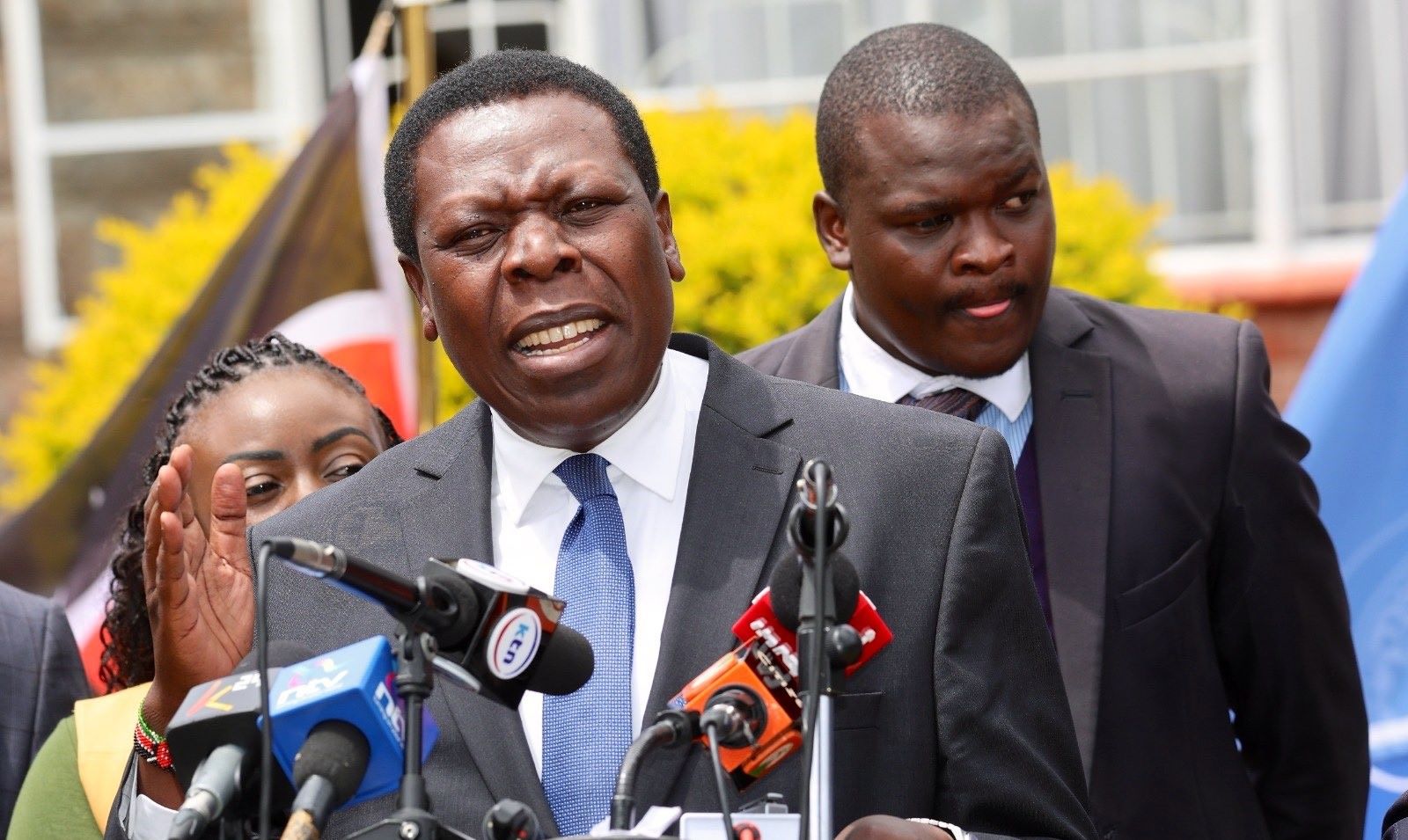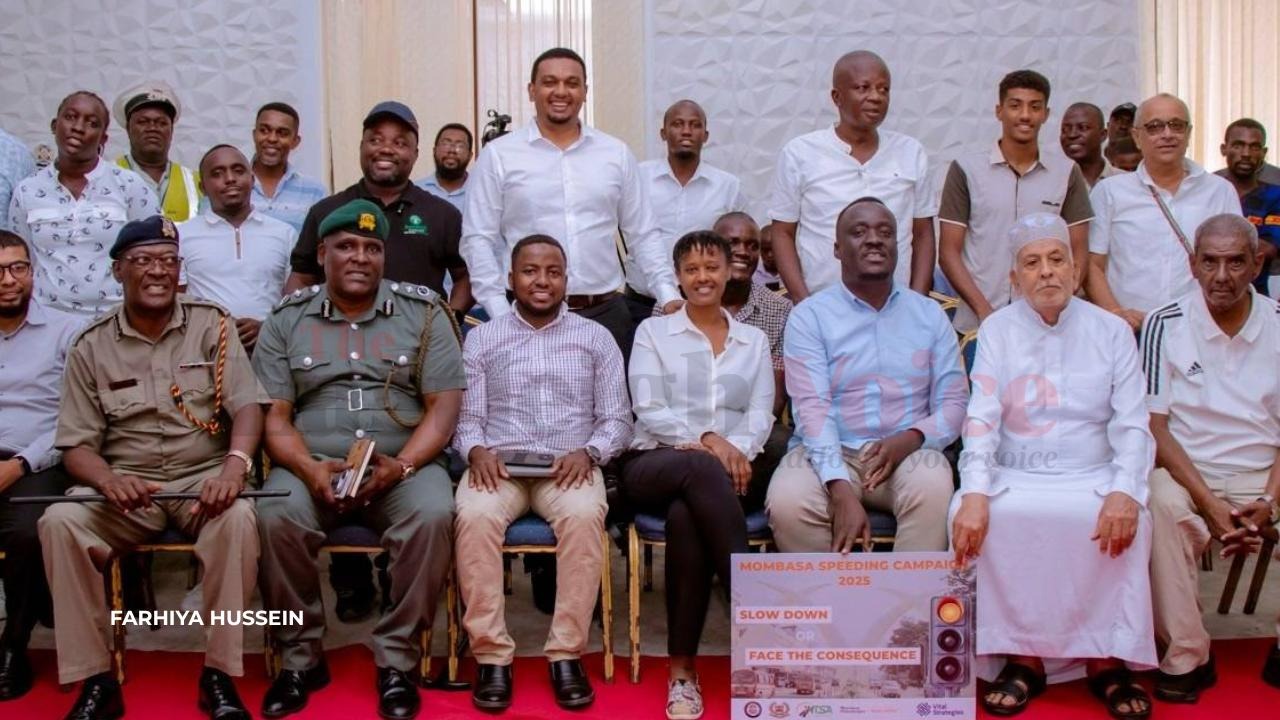MPs warn of chaos in junior schools due to poor CBC transition plan
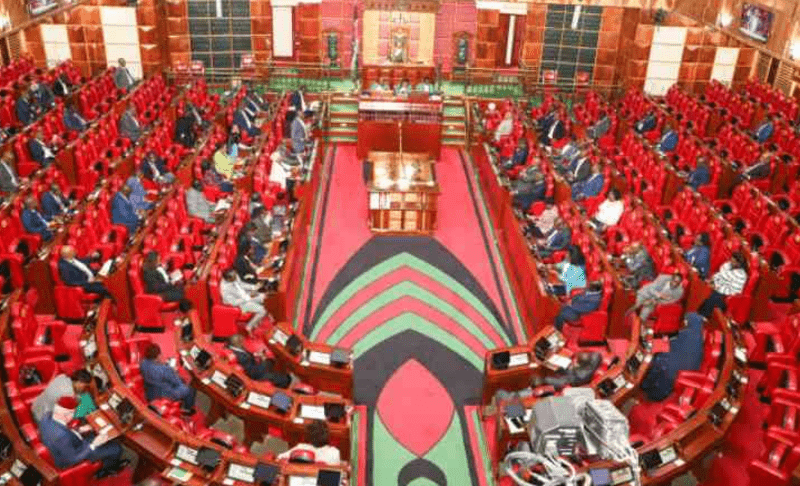
32,469 new classrooms and laboratories are urgently needed across primary schools to accommodate the 1.5 million students expected to move to Grade 9.
Members of Parliament have raised serious concerns about the government's inadequate preparations for junior schools as the pioneer class of the Competency-Based Curriculum (CBC) prepares to transition to Grade 9 in January 2025.
In an emergency session on Wednesday, the lawmakers discussed an adjournment motion led by Kathiani MP Robert Mbui, highlighting significant challenges that could impact learners in public junior schools.
According to the MPs, 32,469 new classrooms and laboratories are urgently needed across primary schools to accommodate the 1.5 million students expected to move to Grade 9.
More To Read
- KNEC confirms Grade 9 repetition no longer allowed, advises focus on learner strengths
- Government raises primary school capitation by 58 per cent to Sh2,238 per learner
- MPs demand SHA clears Sh10 billion in pending NHIF bills within three months
- MPs fault State officers over mismanaged road projects
- Over 30,000 teachers set for senior school curriculum training ahead of 2026 transition
- MPs warn Sh2.4 billion tax dispute between KRA and NG-CDF could paralyse constituencies
With about 23,000 public primary schools across the country, they emphasised that the current state of infrastructure is dire, with only three months left in the year.
The MPs called on the government to act quickly to address these issues.
They stressed that new laboratories are essential for practical subjects like integrated science, pre-technical sciences, health education, agriculture, and home science.
"This is an emergency. When we had Covid-19, we spent billions of shillings. We need to spend money to have our children in school next year," Mbui said.
The lawmaker also questioned the teachers' preparation for the new curriculum, highlighting concerns about the availability of qualified instructors for subjects such as health education.
"How many teachers are prepared for this curriculum? Who is going to teach subjects such as health education because our current curriculum in teachers' training institutions is for the combination of two subjects?" Mbui questioned.
Lugari MP Nabii Nabwera suggested that the government should use the Emergency Fund to begin constructing classrooms, urging for a conditional grant of Sh21 billion to the Constituency Development Fund to build classrooms within the next three months.
Nabwera also called for the recruitment of 20,000 teachers in October to ensure they are ready by December, ahead of schools reopening in January 2025.
"This is a matter that requires money from the emergency kitty. If we care for our children, let's use this money to build the required infrastructure," Nabwera added.
Kabondo Kasipul MP Eva Obara noted that while some infrastructure has been built through the National Government Constituency Development Fund and the Ministry of Education, it is insufficient to meet all the needs.
She also pointed out that some teachers are being forced to teach science subjects despite lacking the necessary qualifications.
"We have three months to think through how these children are going to transit. Can we build enough classrooms within the time frame? Let's be realistic. Let the government change tack and accommodate these children in secondary school," Obara said.
Bumula MP Jack Wamboka suggested that the incoming junior school students be accommodated in secondary schools, which will have space available after Form Four students complete their Kenya Certificate of Secondary School (KCSE) exams.
"We have a situation where classrooms will be vacant but we are struggling to accommodate these students in primary schools where we don't have classrooms and other infrastructure," Wamboka said.
He added that the construction of Grade 9 classrooms in his constituency is less than five percent complete.
Moiben MP Phylis Bartoo criticized the disconnect between the implementers, policymakers, and those affected by the new education system.
"We don't have enough classrooms, infrastructure. Let's start by employing the 46,000 teachers who are currently interns then re-tool them so that our children are not disadvantaged from January," she said.
"If we don't move with speed, we will be compromising the standards of education for our children and we don't want them to be turned away when they go to look for jobs internationally," Bartoo added.
Top Stories Today
Reader Comments
Trending
